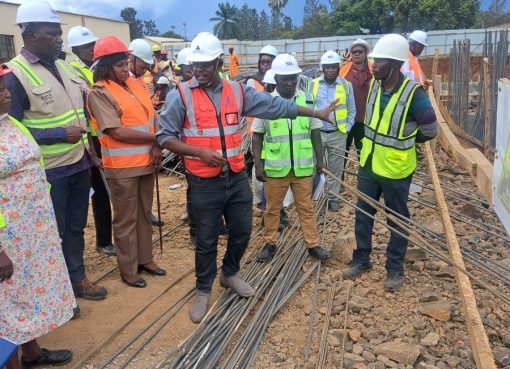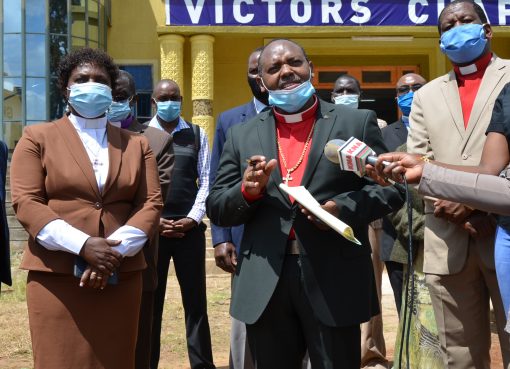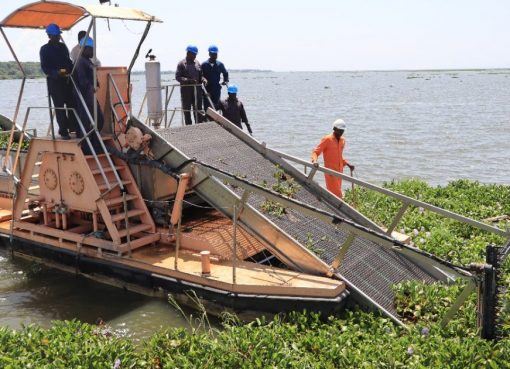Kenya’s health sector has received a major boost towards reduction of newborn mortality, following an eight-year Sh6.8 billion funding under the umbrella of Newborn Essential Solutions and Technologies (NEST360°).
One of the targeted areas is the supply of equipment to help preterm babies to breath.
Under the project dubbed, NEST, part of the funding will be used to train medical personnel to use the equipment and to upscale innovation of equipment suitable for the Kenyan market.
NEST360° is supported by the Bill & Melinda Gates Foundation, the John D. and Catherine T. MacArthur Foundation, the Children’s Investment Fund Foundation, The ELMA Foundation, The Lemelson Foundation, the Ting Tsung and Wei Fong Chao Foundation and individual donors.
According to a statement dispatched to the media following the launch, NEST360° will develop and deliver a package that will supply a bundle of affordable and robust medical devices to hospitals to help reduce the number of babies who die in the first month of life.
The equipment is selected to address preventable illnesses that kill newborns – including breathing difficulties, jaundice, infection, and hypothermia.
The Kenya country project is jointly run by the Nairobi-based Center for Public Health and Development (CPHD) and Kenya Medical Research Institute’s Wellcome Trust Research Programme. NEST360°will optimize the Government of Kenya’s Ministry of Health’s newborns through the department of Family Health.
Speaking during the official rollout of the project last Friday, CPHD’s Executive Director Dr. David Adudans said, “We have seen and lived and talked about pre-term babies dying for lack of expertise and equipment. This should not be so. This intervention is a game-changer as we shall not only be supplying equipment but building capacity of the clinical and biomedical workforce” he said, “Our goal is to reduce the new born mortality rate by 12 per1000 by 2030,” he added.
Dr. Adudans said that the initiative was birthed out of intensive research across medical facilities in Kenya. He said among the gaps identified was lack of technology- where facilities do not have the technology necessary to provide comprehensive care for newborns Human Resources.
“There is a fundamental shortage of both trained clinicians and maintenance technicians to support the implementation of comprehensive newborn care,” he said.
Other weaknesses are that health system managers do not have adequate data and finances to introduce, scale and sustain quality comprehensive newborn care programs, including having the ability to measure outcomes linked to performance and to follow up on at- risk-newborns to prevent disability.
By George Kaiga




